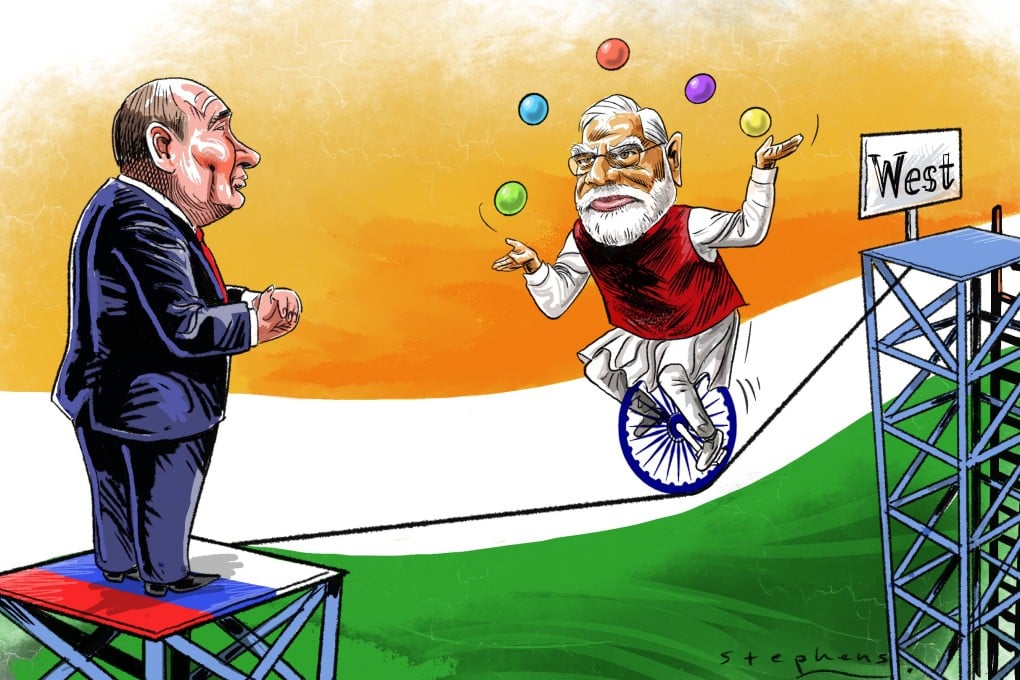Opinion | Why India still places a high priority on good ties with Moscow
- The timing of Modi’s visit to Moscow offers a window into India’s strategic priorities and diplomatic balancing act

India’s relationship with Russia dates back to the Cold War era, with the Soviet Union being a reliable partner during India’s formative years. The 1971 Indo-Soviet Treaty of Peace, Friendship and Cooperation solidified strong bilateral ties. The treaty provided India with crucial diplomatic and military support during the 1971 war that led to the independence of Bangladesh. The treaty also outlined a robust framework for cooperation across multiple domains, including defence, technology and economic development.
Starting in 1957, the Soviet Union vetoed five UN Security resolutions on tensions between India and Pakistan, shielding New Delhi from international pressure. This came at a time when India faced significant opposition from other global powers, such as the US, which sent its Seventh Fleet to the Bay of Bengal in a show of support for Pakistan. Moscow’s support resulted in a deep-seated trust that continues to influence India’s foreign policy decisions to this day.
By maintaining strong ties with both Russia and the West, India aims to maximise its strategic options and avoid becoming too dependent on any single power. India’s strategic autonomy is particularly evident in its approach to the Russia-Ukraine conflict.
